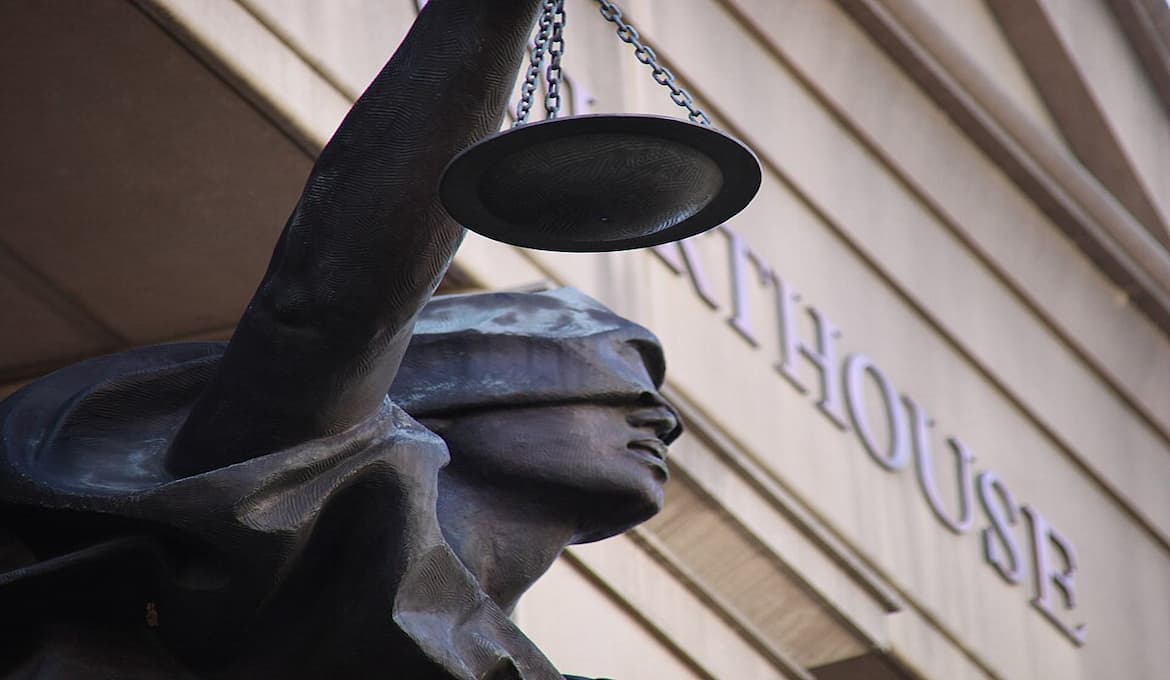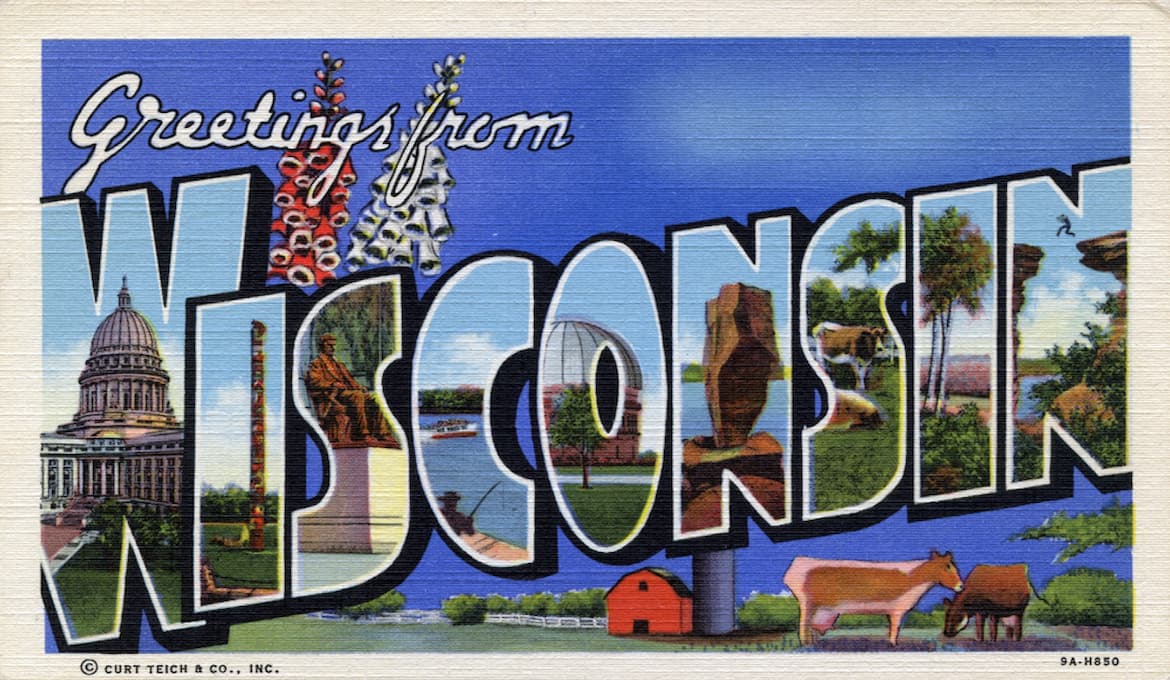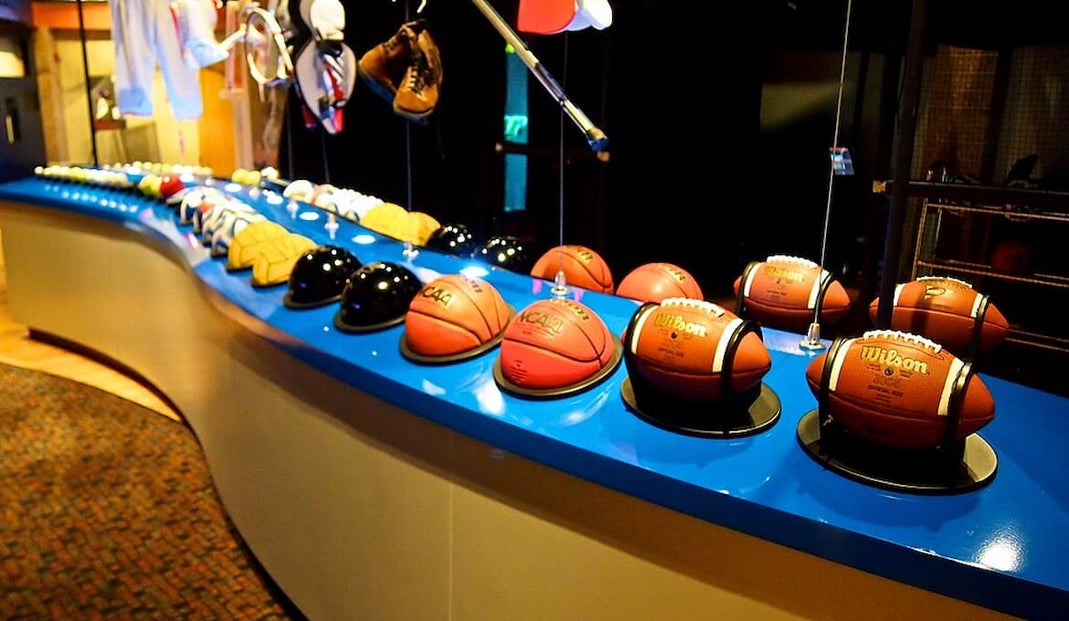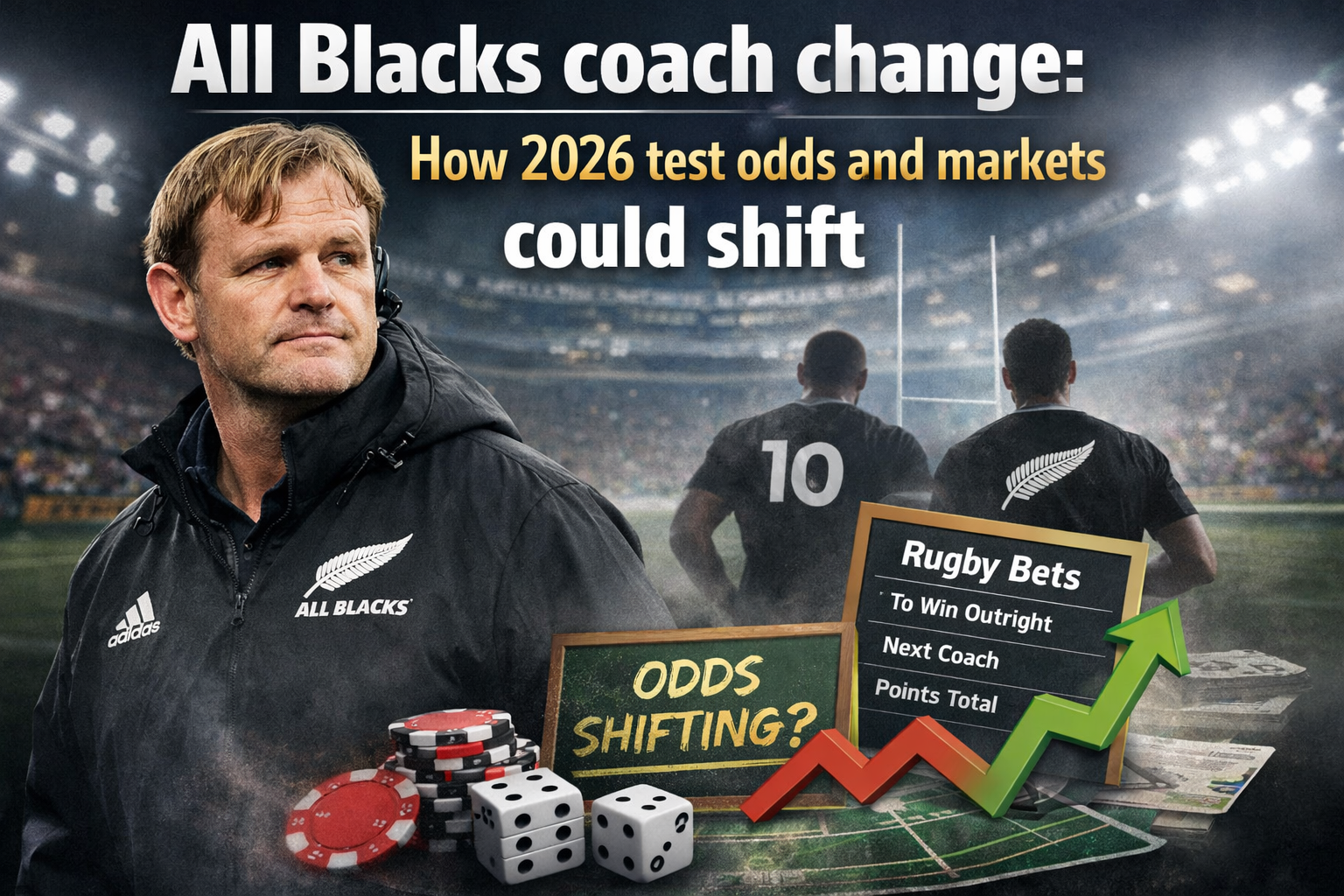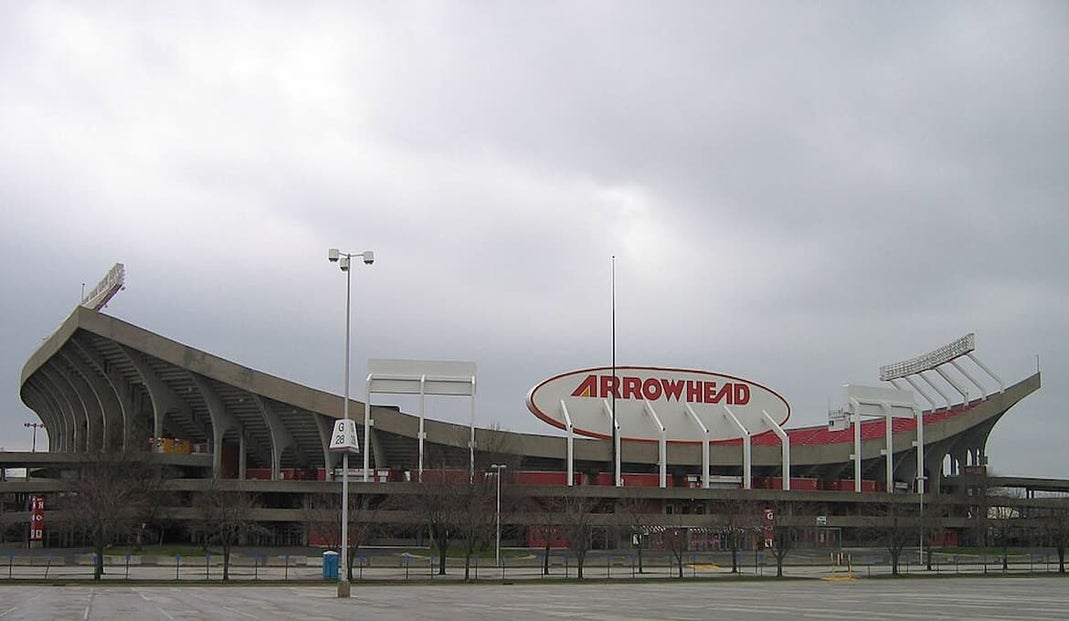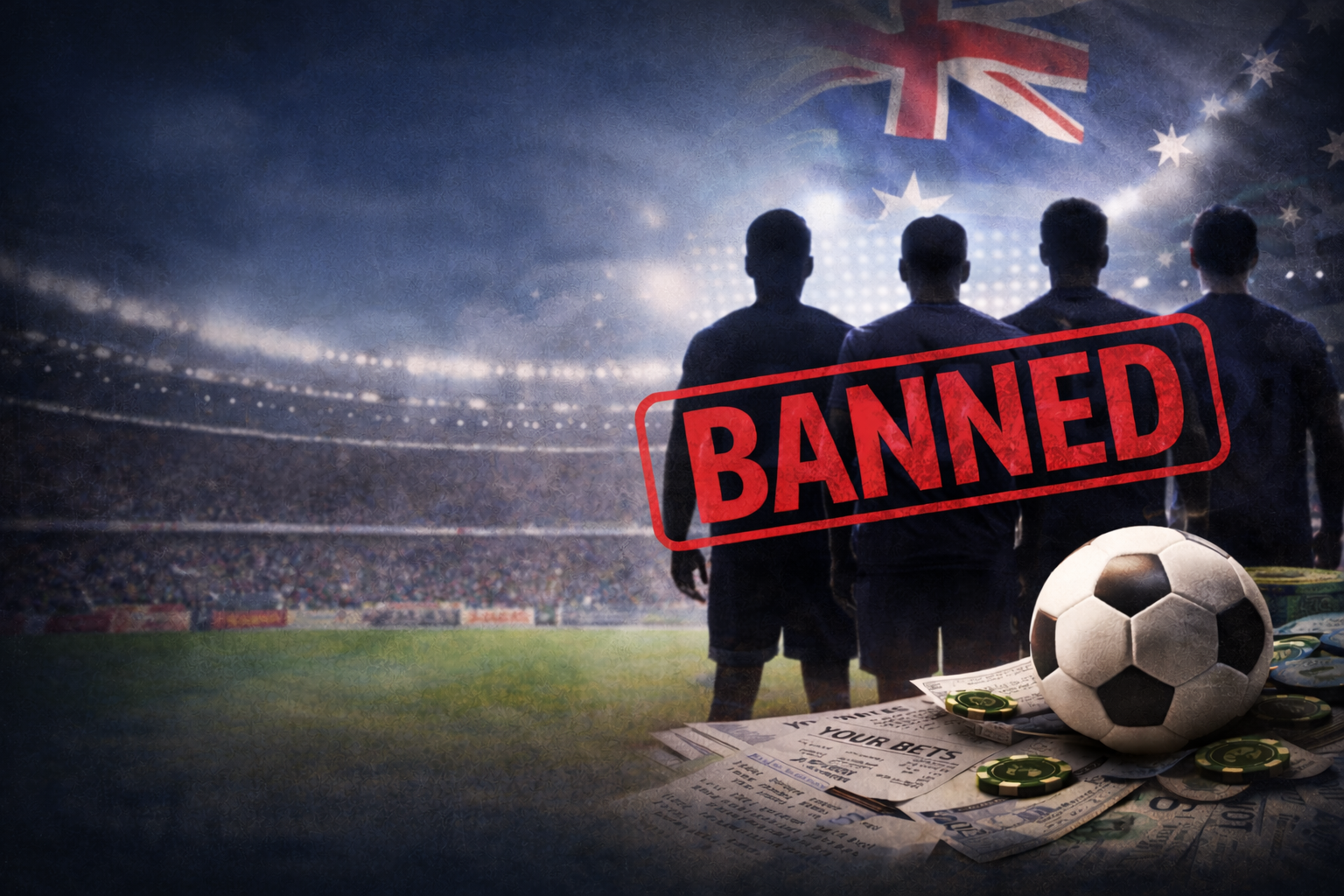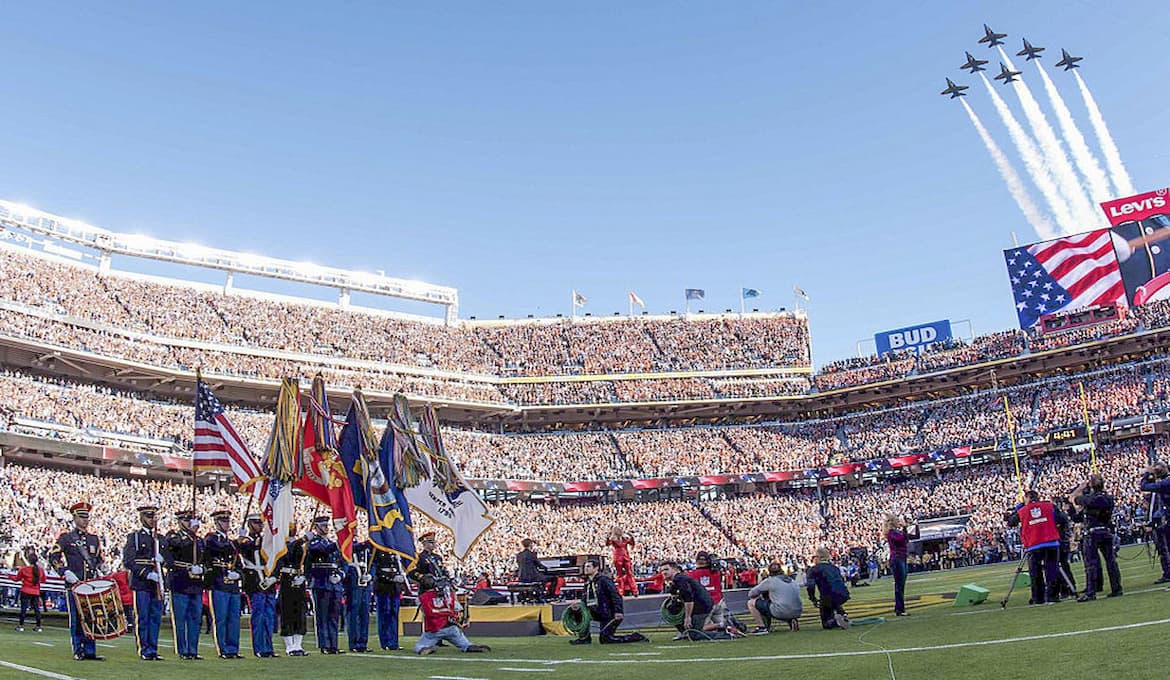Lawsuit Accuses Operators of Deceptive Ads
The lawsuit was filed by the city of Baltimore in April, alleging that the industry leaders violated its advertising rules. They accuse FanDuel and DraftKings of using misleading promotions and aggressive VIP marketing to lure people into losing more money. This practice is devastating to populations vulnerable to problem gambling, leading to the lawsuit.
Baltimore updated its advertising laws in 2023 to better protect its residents. However, those laws do not apply to the rest of the state. That led the operator to argue that the case doesn’t warrant a move to federal court.
Judge Rules State Courts Must Decide
One of the key reasons for the court’s rejection of the request was the state’s role in sports betting.
Maryland created its own rules and regulations around legal sports betting, which are also enforced. The Maryland Lottery and Gaming Control Agency (MLGCA) has sole authority to regulate the market and to assess fines for rule violations.
The district court believed that moving the case to federal court would violate the state’s right to control its own market. Therefore, the state court must decide the case.
Similar Ruling Delivered in Massachusetts
The court’s decision follows closely another issued by a court in Massachusetts.
The State Attorney General had pushed to have a lawsuit against Kalshi moved to federal court. Unlike sports betting, prediction market operators like Kalshi are regulated by the CFTC. She argued this meant the lawsuit should be moved to federal court, but a judge disagreed.
In the ruling, the Massachusetts court refused to transfer the case, finding it should be resolved at the state level. While Kalshi is regulated at a federal level, the judge said that doesn’t matter, since the lawsuit alleges a violation of the state’s betting laws.


